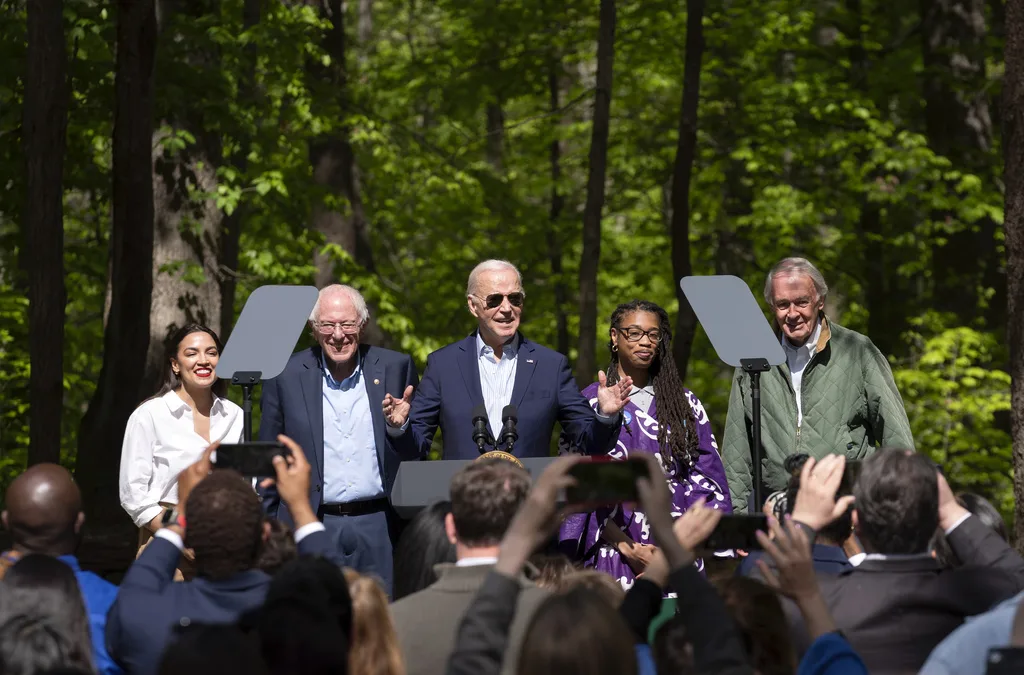
Graphic via Shutterstock
“We need the Pennsylvania General Assembly and Congress to catch up with the courts and citizens of our commonwealth and nation.”
The Supreme Court ruled 6-3 on Monday that LGBTQ workers are protected by pre-existing civil rights law. It was an exciting win for advocates across the country, which came as a surprise to many coming from the conservative-leaning court.
Only Justices Samuel Alito, Brett Kavanaugh, and Clarence Thomas dissented, and the decision has enshrined into federal law protections on the basis of sexual orientation and gender identity under Title VII of the Civil Rights Act of 1964, which makes it illegal for employers to discriminate because of someone’s sex.
Prior to Monday’s ruling, LGBTQ workers were at the mercy of a patchwork of state and local laws. While some municipalities, like Philadelphia and Pittsburgh, already had protections against such employment discrimination in place, Pennsylvania’s nondiscrimination law, the Human Relations Act, does not include LGBTQ-inclusive language, only stating it protects against sex discrimination.
State law still falls short on LGBTQ protections, which is unique for a Northeast state. In lieu of strong statewide laws, a record number of municipalities have passed LGBTQ protections that go beyond what the state offers, but the fight for more robust laws across Pennsylvania continues.
“Unfortunately, as the tragic murder of transgender woman and LGBTQ+ rights activist Dominique ‘Rem’mie’ Fells shows, Pennsylvanians are still not free from discrimination against sex or race,” Gov. Tom Wolf said in a statement.
RELATED: Dominique Fells and Riah Milton: The Latest Victims in the ‘Epidemic of Violence’ Facing Trans People
“Today’s Supreme Court ruling will provide more protection inside the workplace, but discrimination remains in other areas, such as housing and public accommodations,” he continued.
Jason Landau Goodman, executive director of the Pennsylvania Youth Congress, also pushed for local lawmakers to do more.
“We need the Pennsylvania General Assembly and Congress to catch up with the courts and citizens of our commonwealth and nation,” Goodman said in a statement.
“The harsh reality remains that many LGBT people will continue to face discrimination in housing and public accommodations outside of the workplace, including over half a million Pennsylvanians. Those most marginalized continue to experience the brunt of anti-LGBT violence and discrimination — particularly LGBT people of color, and especially Black transgender women — which is wholly unacceptable in a civil society.”
James Esseks, director of the ACLU LGBT & HIV Project, told NBC News the ruling would likely “eventually control the definition of sex in every federal civil rights bill or law that includes sex” but also pointed to “gaps in federal law,” such as public accommodations and jury duty, which are not included in the Civil Rights Act of 1964.
The Equality Act could help provide those protections, which the House passed last year. Republicans in the Senate have yet to bring the bill up for a vote.
Advocates are also keeping their eye on the legal loophole of “religious freedom,” which could provide a carve-out for anyone wishing to discriminate by citing a conflict with their religious beliefs.
RELATED: They Helped a Rural Community in Pennsylvania Ban LGBTQ Discrimination. They’re Not Done Yet.
In the Supreme Court’s next term, beginning in October, it will decide if the city of Philadelphia’s refusal to place children for foster care with a Catholic agency that bars same-sex couples from becoming foster parents was a violation of the group’s First Amendment rights.
Esseks told Reuters if the court rules in favor of the religious organization it could set up “a constitutional right to discriminate.”
Meanwhile, the Religious Freedom Restoration Act could still be cited as a defense for discriminating based on religious grounds. In fact, one of the employers named in one of the discrimination cases upon which the Supreme Court ruled on Monday, R.G. and G.R. Harris Funeral Homes Inc of Detroit, did cite that law.
The court, however, did not issue a ruling on that act, with Justice Neil Gorsuch writing “how these doctrines protecting religious liberty interact with Title VII (the section of the civil rights law at issue) are questions for future cases.”
Wolf said while the Supreme Court ruling granting federal protections to LGBTQ employees was “cause for celebration,” he said it was also “a reminder that there is still work to be done in “ensuring every American and every Pennsylvanian has equality.”
The governor pledged to “continue to work with the legislature to advance comprehensive nondiscrimination protections for Pennsylvanians who are LGBTQ+” and not “stop until every Pennsylvanian can live and work with the same basic civil rights.”
Politics

Biden marks Earth Day by announcing $7 billion in solar grants
The Biden administration on Monday announced the recipients of its Solar For All Program, a $7 billion climate program that aims to lower energy...

6 terrifying things that could happen if the Comstock Act is used to target abortion
Does 1873 sound like a really, really long time ago? Well, that’s because it is—but if Republicans and far-right anti-abortion activists have their...

Sheetz hit with lawsuit for allegedly discriminating against minority job applicants
The Equal Employment Opportunity Commission filed suit against Sheetz and two subsidiary companies, alleging the Altoona-based chain discriminated...
Local News

Conjoined twins from Berks County die at age 62
Conjoined twins Lori and George Schappell, who pursued separate careers, interests and relationships during lives that defied medical expectations,...

Railroad agrees to $600 million settlement for fiery Ohio derailment, residents fear it’s not enough
Norfolk Southern has agreed to pay $600 million in a class-action lawsuit settlement for a fiery train derailment in February 2023 in eastern Ohio,...





